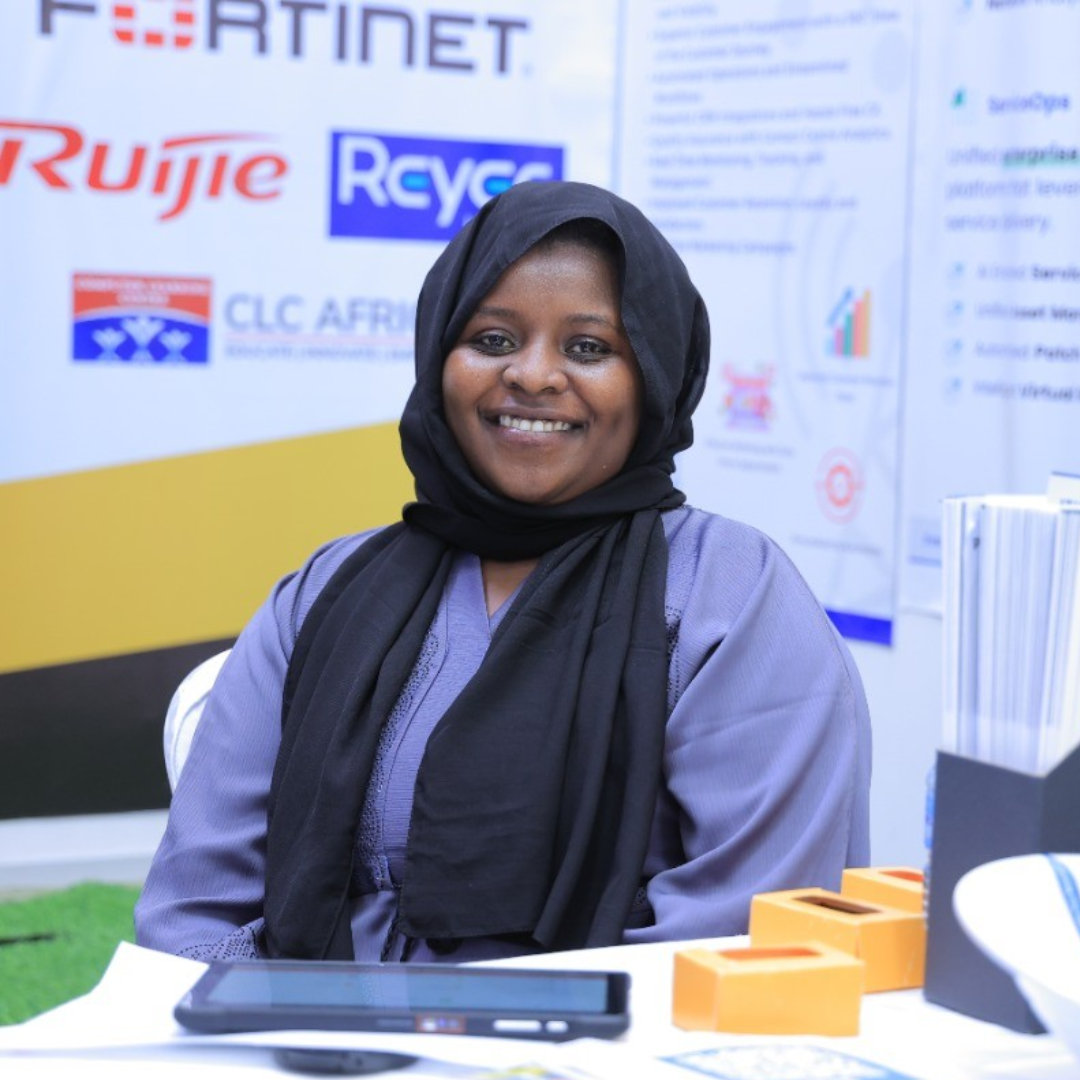A Health Tech Startup's Journey to Improve African Healthcare

Karen Maina
May 29, 2024

Africa faces numerous healthcare challenges that create a double-edged sword. On one hand, it creates opportunities that startups can pick up to solve these problems. However, on the other hand, these challenges create a complex environment that can cause businesses to fail.
We look at five challenges you can expect as a health startup in Africa. We'll also examine a few startups in the field and the solutions they offer to address these challenges.
Poor Infrastructure
Unlike Western cultures, where healthcare infrastructure is adequate and well organized, most African countries suffer from a lack of infrastructure.
Urban and rural populations are affected, but rural areas suffer disproportionately due to fewer facilities and harder-to-reach locations.
Hospitals and clinics often lack essential medical equipment, and the availability of reliable electricity and water supplies can be inconsistent. This scarcity makes it difficult to provide even basic medical care.
While these challenges are multilayered and can't all be fixed at once, it's best to tackle each challenge one after another. And this is what mPharma is doing.
mPharma: Tackling Poor Medical Supplies
mPharma provides a drug inventory management system that connects hospitals and pharmacies to a central database. This ensures consistent drug availability and reduces costs through bulk purchasing.
This system helps to address the issue of drug shortages and improves the efficiency of pharmaceutical supply chains. Operating in several African countries, mPharma has enhanced access to affordable medication for millions.
Shortage of Healthcare Professionals
There is a severe shortage of healthcare professionals on the continent. This includes doctors, nurses, and specialists. According to research, the ratio of doctors to patients in Africa is 1:2,763 in Nigeria, the country with the highest number of doctors in Africa.
As the population grows in Africa, there is an increasing demand for more healthcare professionals. Training and retaining medical personnel is a persistent challenge, exacerbated by the migration of skilled workers to more developed countries.
Vezeeta is a startup trying to overcome the problem of access to medical professionals for African citizens.
Vezeeta: Overcoming the Healthcare Professional Shortage
Operating in North Africa, Vezeeta has simplified the process of finding and booking medical appointments. This has enhanced patient access to healthcare services.
The startup offers an online booking platform that connects patients with doctors and healthcare providers, making it easier to access medical consultations and services.
Inadequate Funding
Both public and private funding for healthcare in Africa needs to be increased. Many African governments allocate a small percentage of their budgets to health services. Although substantial, external funding often fails to meet the extensive needs.
This inadequate funding has led to shortages of medical supplies, poorly maintained facilities, and limited research and development in healthcare innovation.
It also limits the capacity to build and sustain robust healthcare systems. More startups, like Lokal Capital in Kenya, are coming up to help raise funds. However, healthcare startup owners find creative ways to raise money for their businesses. Take LifeBank for example.
LifeBank: Solving the Funding Problem
Based in Lagos, Nigeria, this startup focuses on improving access to essential medical supplies through innovative funding and logistics solutions.
As a business, they have acquired funding through grants and collaborations with government and non-government organizations.
LifeBank uses a pay-as-you-go system for healthcare facilities to access their services. This model reduces the upfront financial burden on hospitals and clinics, making it easier for them to afford life-saving medical supplies.
Geographical Barriers
Africa's vast and diverse geography, including many rural and remote areas, makes healthcare delivery logistically challenging. This is made worse by poor infrastructure and political instability.
Countries like Sudan, Chad, and the Democratic Republic of the Congo have large rural populations that are hard to reach. This results in delayed medical care, difficulties transporting medical supplies, and increased healthcare costs.
While this is a difficult challenge to navigate, it is not impossible, especially with the use of technology. Zipline is using drone technology to tackle this geographical barrier.
Zipline: A Start-Up Overcoming Geographical Barriers
Zipline is a healthcare startup operating in Rwanda and Ghana. This resourceful company is overcoming the geographic challenges in Kenya by using drone technology to deliver medical supplies, including blood and vaccines, to remote and hard-to-reach areas.
Its impact is the improved availability of essential medical supplies, especially in emergencies, saving countless lives.
High Mortality Rates
Africa has some of the highest mortality rates globally. This is caused by preventable diseases such as malaria, HIV/AIDS, and tuberculosis. Countries like Nigeria, South Africa, and the Democratic Republic of the Congo are among the hardest hit.
Maternal and infant mortality rates are also alarmingly high. Limited access to healthcare services, poor nutrition, and inadequate sanitation contribute to these high mortality rates.
This poses a major challenge for startup operations, strategic planning, and overall effectiveness. Health startups prioritize scalable and rapid solutions to address these life-threatening conditions. Coupled with limited funding, this can become a difficult mountain to climb as a new business.
Various organizations like the former Kenya First Lady’s Initiative Beyond Zero and Babyl.
Babyl: Reducing Mortality Rates
Babyl operates in Rwanda, providing digital healthcare solutions to improve access to medical services and reduce preventable deaths.
The startup offers telemedicine services for patients to consult with doctors and healthcare professionals via mobile phones. Patients can book appointments, receive consultations, and obtain prescriptions through mobile phones, significantly reducing the barriers to accessing medical care.
By offering telemedicine services, Babyl has bridged the gap for patients in remote and rural areas, ensuring they receive medical attention without travelling.
Strategies for Overcoming Challenges
To succeed as a healthcare tech startup in Africa, you must adopt innovative strategies tailored to the region's unique challenges. Here are a few approaches that have proven effective:
Leveraging Mobile Technology
Given the widespread use of mobile phones across Africa, taking advantage of mobile platforms for healthcare services is crucial. Startups can offer telemedicine, health education, and appointment scheduling through mobile apps, reaching a broader audience.
Partnerships With Governments and NGOs
In Africa, inadequate infrastructure is a common issue, and progress is limited without the right infrastructure. Collaborating with local governments and non-governmental organizations can provide the necessary support and resources to scale your startup’s operations. These partnerships can also help in navigating regulatory landscapes and securing funding.
Focus on Preventive Care
Emphasizing preventive care through education and community health initiatives can reduce the disease burden. Startups can develop programs that promote vaccination, sanitation, and healthy lifestyle choices to mitigate the incidence of preventable diseases.
Innovative Funding Models
Explore alternative funding models, such as impact investing, crowdfunding, and public-private partnerships, to get the financial resources you need to innovate and expand.
Final Thoughts
While there are many challenges that health start-ups face in Africa, creative entrepreneurs can turn these challenges into business opportunities. Many untapped areas within the continent could create an avenue for innovation and change.
Until next time, happy innovating!


